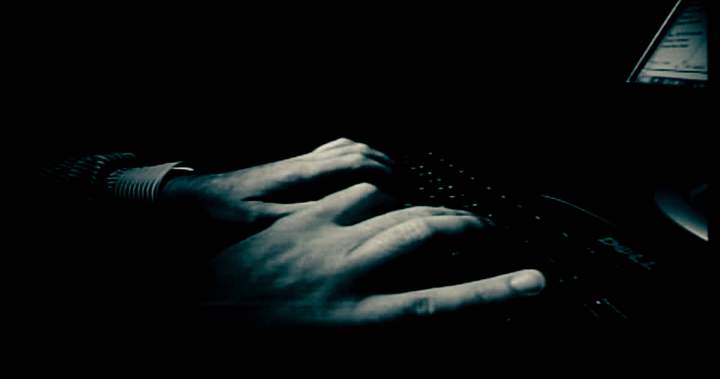

What’s wrong with exploring the details of a high profile case involving Hockey players sexually assaulting a woman? I think the videos are well researched, and together form up 3 hours of well thought out detail.
I point out that this is a deep dive into the issue, and you roll up with a BBC article that probably takes 5 minutes to read.
Also, I watched the videos, and there’s discussion about how badly the case was handled from all fronts; and, there’s treatment on how netizens have some consensus that there was very little likelihood that the charges would result in convictions because of how the laws are.
I won’t go over all the highlights. A few points raised for me were:
Criminal law standards vs morality standards - I felt that the video also distinguished the issue of the court’s formal finding of guilt or innocence based on a standard of beyond a reasonable doubt. They even went over the moral issues that arose when exploring the culture of sexism in the Hockey players online “bible”, consent, and even the pinch points on evidence that were in favour of either the Hockey players and the complainant.
What’s society comfortable with issues of team sports and toxic behaviour? We’re being reminded about the ugly side of Hockey culture and whether we want these players to be flaunting their wealth and power around in this way. Or should they pay a price? Who should trust these roving packs of guys, travelling from town to town, grabbing at booze and women, then rushing home to their well compensated handlers at the first sign of trouble?
What credibility does Hockey Canada have? An organization that’s supposed to be hand holding these guys, and upholding some semblance of a honour/conduct system? There’s clips of the players making alleged statements to Hockey Canada for conduct over the allegations of sexual assault, and their statements are not even consistent with what ends up out during the criminal proceedings.


A valid point raised in the video as well. These 19 something year old players allege that the complainant was begging for sex, and everyone felt awkward. No one films to document this remarkable scene that sounds like a porn video.
But, they definitely had time to record a consent video.